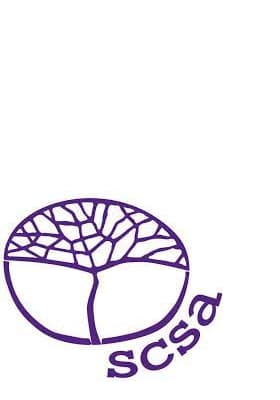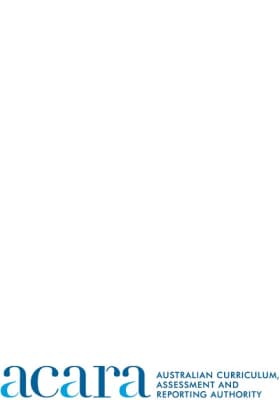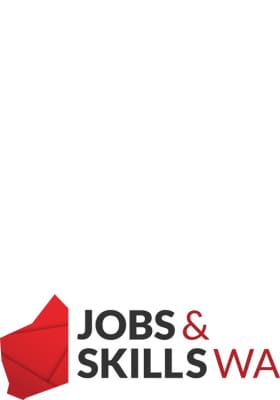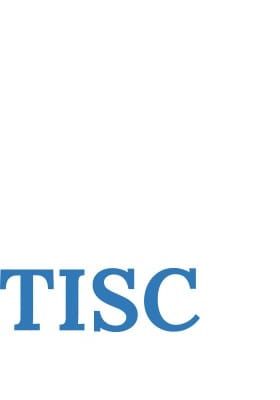Homeschooling
Homeschooling
Register as a home educator to be responsible for delivery of education to your child.
The School Education Act 1999 allows you to be in charge of educating your child during their compulsory years of schooling. This period starts the year your child turns five years and six months and ends the year they turn 17 years and six months, or they satisfy the minimum requirement for secondary school graduation. Use our school age calculator to determine when your child can attend school.
After you have registered, you need to:
- prepare the curriculum plan
- arrange the education program and provide materials
- deliver and track the progress of the program
- show your child’s progress on a regular basis.
The Home Education Policy and Procedures provides details of your legal requirements and how the Department of Education can support you.
- Eligibility
- Register for home education
- Cancellation of registration
- Develop a curriculum program
- Report on progress
To register as a home educator, you must:
- live in Western Australia
- be a natural or adoptive parent or have legal guardianship of the child
- be a permanent Australian resident, a New Zealand citizen or the holder of visitor or temporary resident visa
- if leaving a school, notify the principal and register within 14 days of the last day your child attended the school
- if registering for a new school year, register by the last Friday in February.
Contact your local education regional office. The office will provide you with a form which you can complete and lodge in person.
You need to produce a copy of child's birth certificate or extract, and any court orders.
If your registration is approved, you will be given a certificate of registration.
Your home education registration can be cancelled where concerns about the home education program are not met. Details about this process are in the Home Education Procedures (Appendix B).
As a home educator you need to develop a curriculum program which meets the requirements of School Curriculum and Standards Authority Act 1997.
Resources are available for Pre-primary to Year 12 on the School Curriculum and Standards Authority's website. You can also include materials from other sources.
Home educated students can choose to participate in the following education programs:
- National Assessment Program Literacy and Numeracy (NAPLAN) – Assesses student achievement in literacy and numeracy. All students in Years 3, 5, 7 and 9 in schools across Australia do the same tests on the same days during May.
- Online Numeracy and Literacy Assessment (OLNA) – An online literacy and numeracy assessment designed to enable students to successfully meet the Western Australian Certificate of Education requirements.
- Work experience – Secondary students can have work experience while studying at home. To do this you may need to make arrangements such as inspection of work sites to ensure suitability for work experience and insurance.
- Community service – Community service hours accumulated by students over Years 10, 11 and 12 can be reported to the School Curriculum and Standards Authority. The hours reported are recorded on the student's Western Australian Statement of Student Achievement (WASSA).
- Vocational Education and Training (VET) courses – Your child may wish to complete a VET accredited course while continuing their home education program. As a home educator you remain responsible for their full program and evaluation.
- Interm Swimming program – Primary school aged children are entitled to access Interm Swimming classes.
As a home educator you are responsible for reporting the progress of your child’s education to your education regional office.
A home education moderator will arrange visits to check the educational program links to the Western Australian Curriculum and progress of registered student. The moderator will prepare an evaluation report.
The report usually includes:
- an evaluation of the program
- links to curriculum and courses developed by School Curriculum and Standards Authority
- an indication of the child’s achievement
- areas needing attention
- suggestions for strategies or resources to help the child’s progress
- answers to any questions raised at the visit.
Further visits may be arranged to confirm recommended changes have been made.
It is important that you prepare for the visit so you can provide an update of your child’s progress and report any learning concerns you may have. The meeting will focus on what the child can do, has achieved, and can understand, rather than the work that is completed. You may like to prepare a report on your child’s progress.
The Home Education Procedures (Appendix A) outline what you and the moderator can discuss at the meeting and ways you can show your child’s progress.
Contact
For more information about home education, contact your local education regional office.
Home schooling resources
Resources
There are many sites available that provide information on teaching and learning resources, networking groups, tertiary courses and career pathways. We encourage you to use the resources below to search for information and resources.
Asset Publisher
Asset Publisher
-

K-10 Outline
The Outline is the source of Kindergarten to Year 10 curriculum for all Western Australian students. It provides comprehensive information that educators can use to plan learning programs, assess student progress and for reporting purposes.
-

ABLEWA – Abilities Based Learning Education, Western Australia
Support for the teaching and learning of students with disability and additional needs who are unable to access the P-10 curriculum.
-

Australian Curriculum, Assessment and Reporting Authority
The authoritative source of advice on, and delivery of, national curriculum, assessment and reporting.
-

Jobs and Careers
The Department of Training and Workforce Development provide resources for planning careers and pathways for after your child’s compulsory schooling.
-

School Curriculum and Standards Authority Extranet
This site provides materials and resources to support educators. Registered home educators can gain access by emailing extranethelp@scsa.wa.edu.au.
-

Tertiary Institutions Service Centre (TISC), Western Australia
Course options, eligibility and the application process to apply for university admission.
Assistance for primary and secondary students
Assistance for primary and secondary students
-

Secondary Assistance Scheme
The Secondary Assistance Scheme provides financial help for eligible secondary students to meet the costs of books and uniforms. Contact your education regional office to request an application form.
-

Medical and dental services
Home-educated students can access school medical and dental services provided by the Department of Health. Local public schools can provide the telephone number of the school nurse and the school dentist for appointments. You need to provide evidence of registration at the appointment.
-

Student SmartRider travel card
All primary and secondary students are eligible for a Student SmartRider to access student fares on public transport. You need to provide student information and proof of registration. There is a $5.00 fee for the card. To apply contact Transperth.
